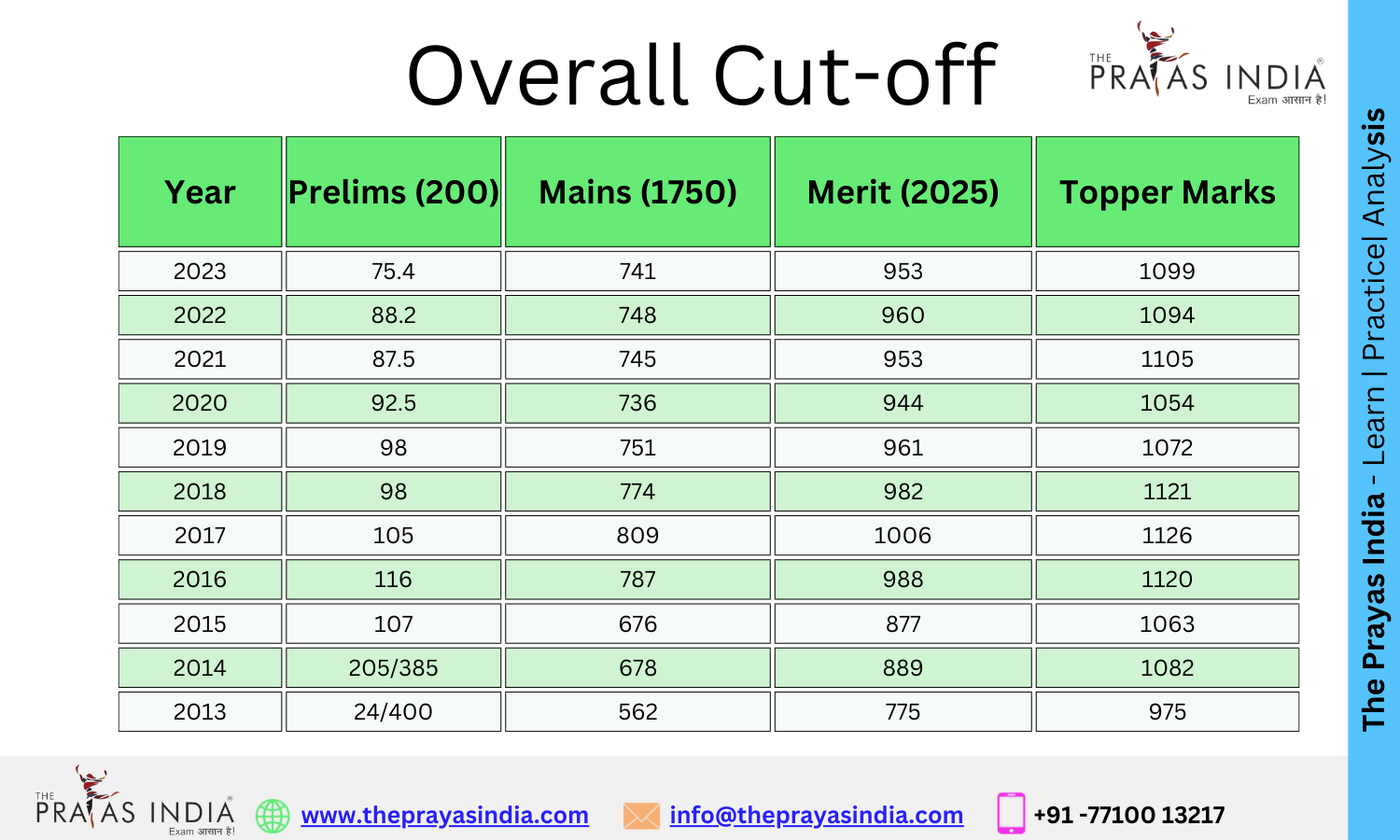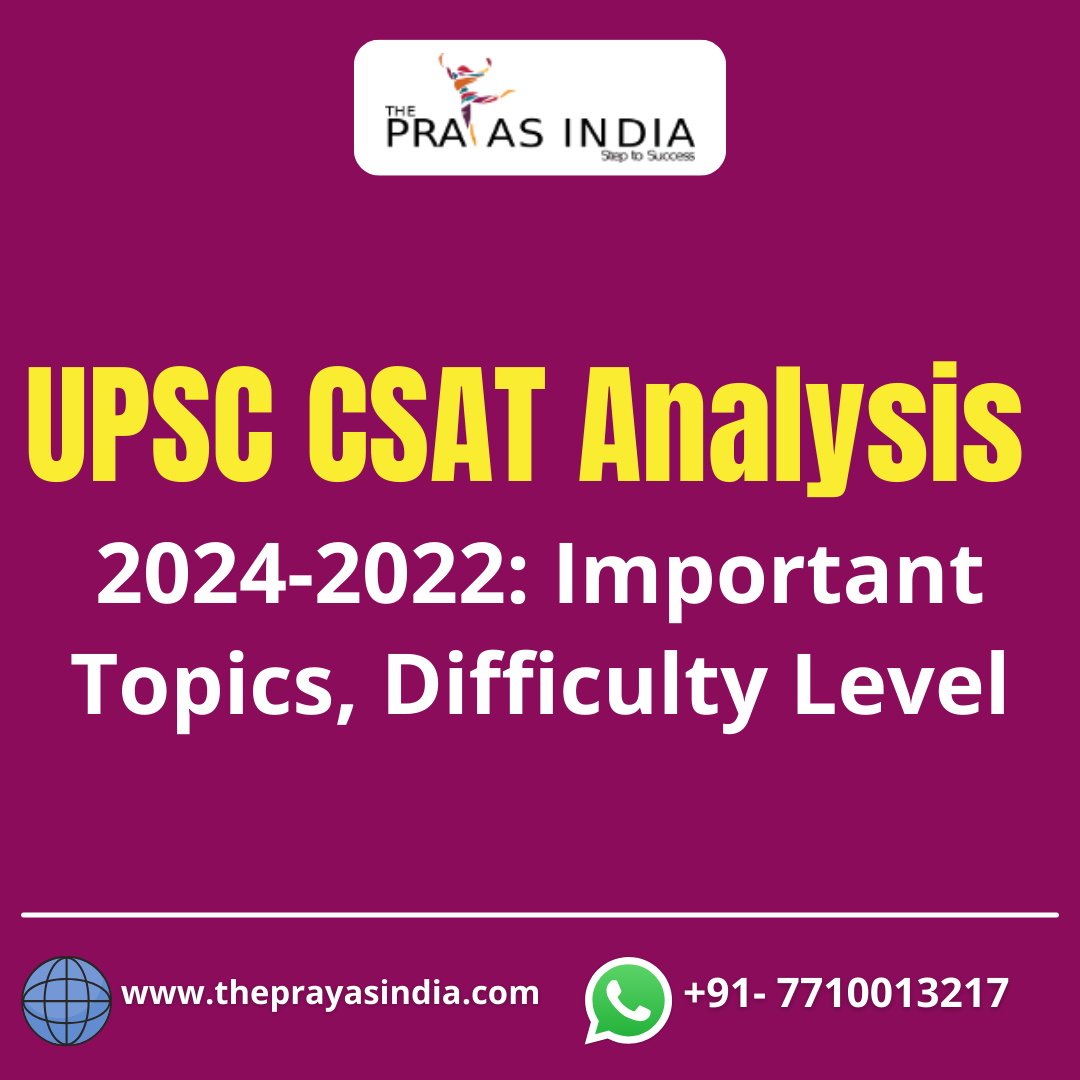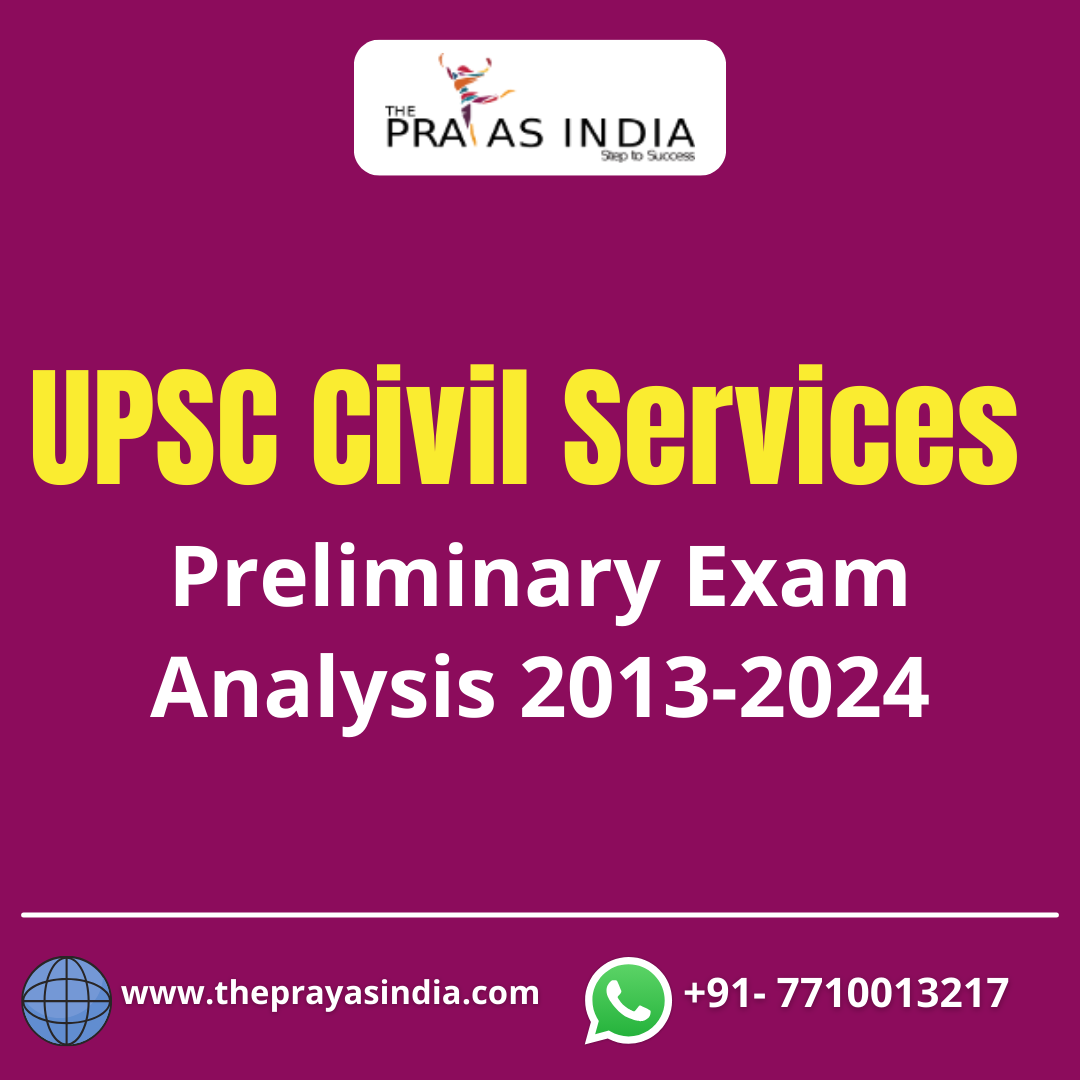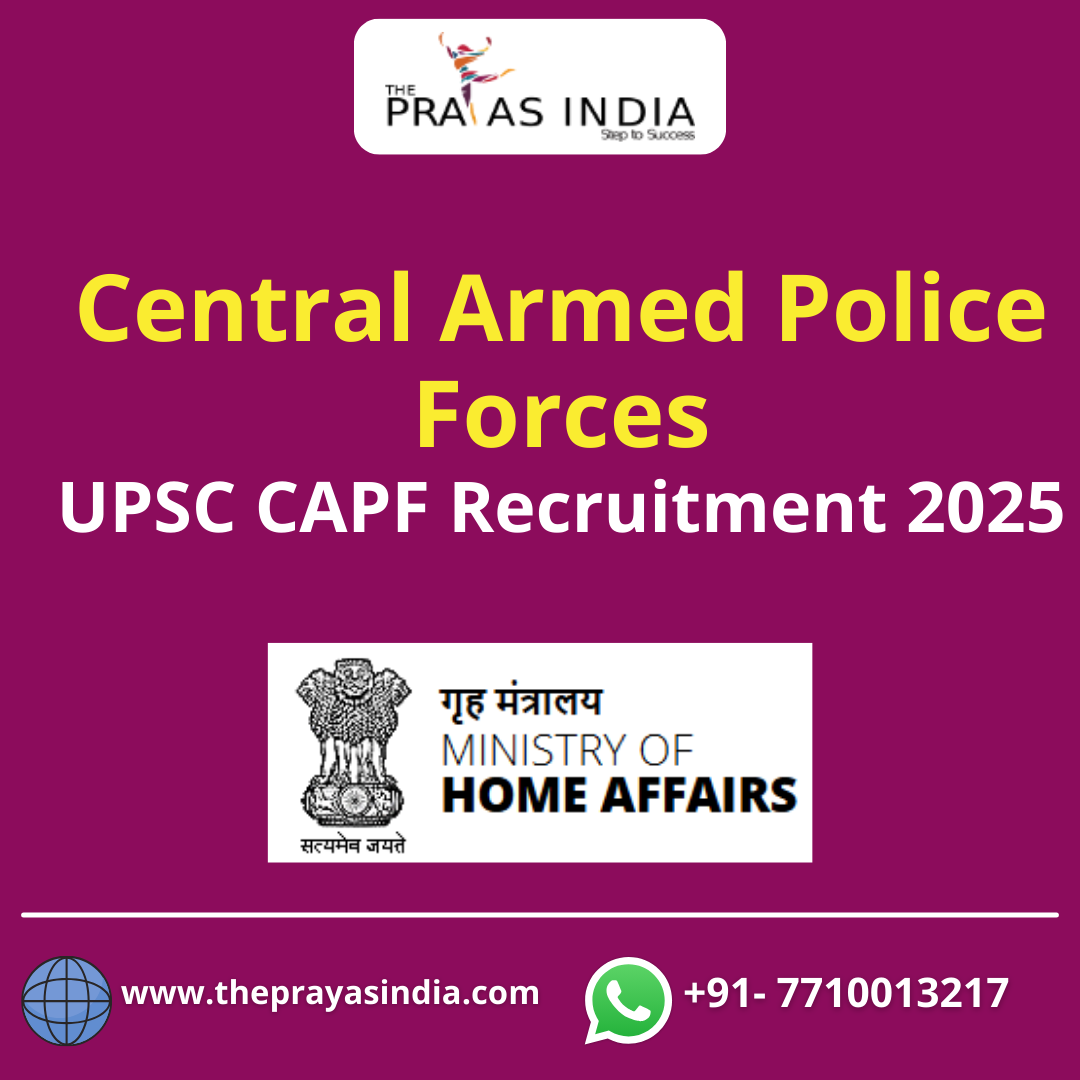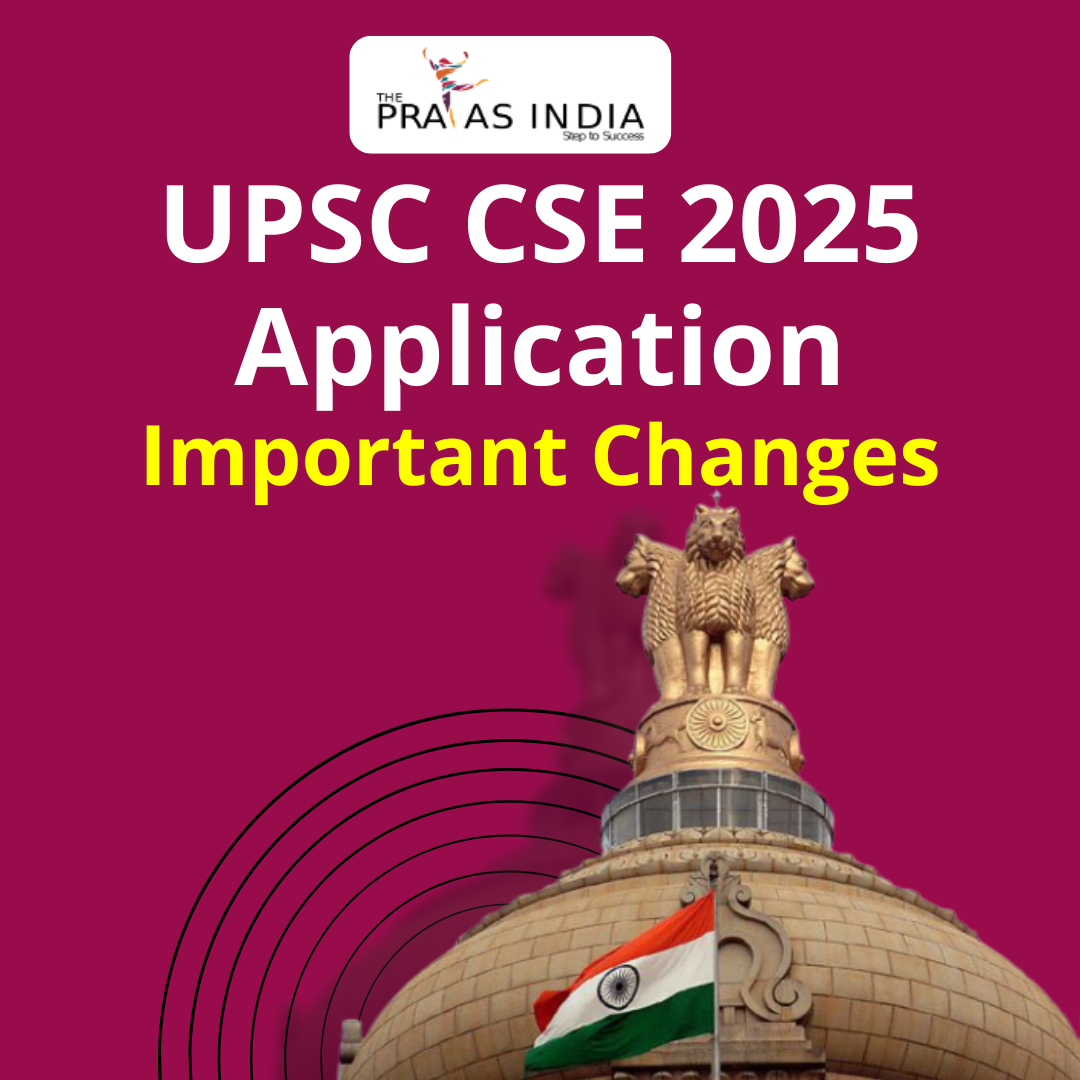Cabinet Committees
Cabinet committees have been set up to relieve the cabinet of some burden of work. The cabinet committees are the bodies which assist the executive. N. Gopalswamy on the machinery of government, 1949 recommended setting up of standing committees of cabinet over defined fields, With the appropriate strengthening of the secretariat and other organs of these committees. These were the instruments to organise coordination on a decentralised basis. the cabinet committees should cover between them all important areas of government activity. It is also essential that they need regularly so that sustained attention is given to complex problems and the process of implementing important policies and programmes is kept under constant review. the number and names of the cabinet committees do not remain unchanged. but three or four such committees have existed under all governments in power at the centre, namely:

- Political affairs committee: it is chaired by the Prime Minister. its other members include the home minister, the defence minister and the external affairs minister. The committee deals with all important matters relating to both internal developments and Foreign Relations.
- Economic Affairs committee: its members are the Prime Minister (chairman), finance minister, rural development minister and industry minister. its main function is to direct and coordinate governmental activities in the economic field and generally to regulate the working of the national economy.
- Committee on parliamentary affairs: its members include information and broadcasting minister, minister for labour and parliamentary affairs, law minister, with the home minister as its chairman. The committee looks after the purpose of government business in parliament to secure the smooth passage of legislation and determine the government’s attitude to non official bills and resolutions coming up before parliament.
- Appointment committee: The members of the appointment committee are the Prime Minister who is also its chairman, the home minister handle minister concerned. it’s in the information it’s too big decisions in respect of :
- Secretariat appointments of the rank of deputy secretary and above.
- chairman managing directors and general managers and state owned public corporations companies and enterprises including governor of Reserve Bank.
- other appointments which are made by the government or which require the approval of the Government of India and which carry a salary.
- To decide all cases of disagreement between the union Public Service Commission and the department concerned in regard, to an appointment.
5. Cabinet committee on security: the Prime Minister is the head of this committee. cabinet ministers of finance, defence, home affairs and external affairs are its members. the important functions of the committee are:
- to deal with all defence related issues.
- To deal with issues relating to law and order, and internal security.
- To deal with policy matters concerning foreign affairs on security related issues
- To deal with economic and political issues impinging on national security
- To review the manpower requirements relating to national security
- to consider all matters relating to Atomic Energy
6. Cabinet committee on accommodation: The committee is composed of cabinet ministers from various ministries with one of them as the head. the important functions of the committee are:
- to determine the guidelines or rules and terms and conditions to govern out of turn allotment of government accommodation and allotment of accommodation for the members of the parliament
- to decide upon the allotment of government accommodation to various categories of non-eligible persons and organisations and the rate of rent to be charged from them.
- to consider proposals regarding shifting of the existing central government offices to places outside Delhi and the location of new offices in Delhi.
7. Cabinet committee on infrastructure: the committee is headed by the Prime Minister with various cabinet ministers as its members. the functions of the committee are as follows:
- to consider and take decisions in respect of all infrastructure related proposals costing more than rupees 300 crores
- to consider and decide measures to facilitate private sector investment in specific projects
- to lay down annual para metres and targets for performance and review the progress of infrastructural projects
- to consider cases of increasingly firmed up cost estimates/revised cost estimates due to various reasons
8. The cabinet committee on employment and skill development: this committee includes the Prime Minister and other ministers. the functions of the committee are as follows:
- the committee is supposed to provide direction to all policies, programmes, schemes and initiatives for skill development aimed at increasing the employability of the workforce for effectively meeting the emerging requirements of the rapidly growing economy and mapping the benefits of demographic dividend.
- Because required to enhance workforce participation, foster employment growth and identification, and work towards removal of gaps between requirement and availability of skills in various sectors.
- the panel will set targets for expeditious implementation of all skill development initiatives by the ministries and to periodically review the progress in this regard.
Cabinet meetings: the cabinet ordinarily needs once a week and more often if the occasion demands. the Prime Minister presides over its meetings. but in case the Prime Minister is out of town for some length of time, a senior minister, nominated by the Prime Minister himself, presides over cabinet meetings. after the meeting is over, the cabinet secretary, who remains present in it prepares and circulates a summary embodying the decisions reached.


![Prayas-लक्ष्य [UPSC CSE Target] The Prayas India](https://theprayasindia.com/wp-content/uploads/2021/08/Prayas-लक्ष्य-UPSC-CSE-Target-The-Prayas-India-300x167.png)

![Prayas Pre-भेदश [UPSC CSE Prelims Test Series] The Prayas India](https://theprayasindia.com/wp-content/uploads/2021/08/Prayas-Pre-भेदश-UPSC-CSE-Prelims-Test-Series-The-Prayas-India-300x167.png)






